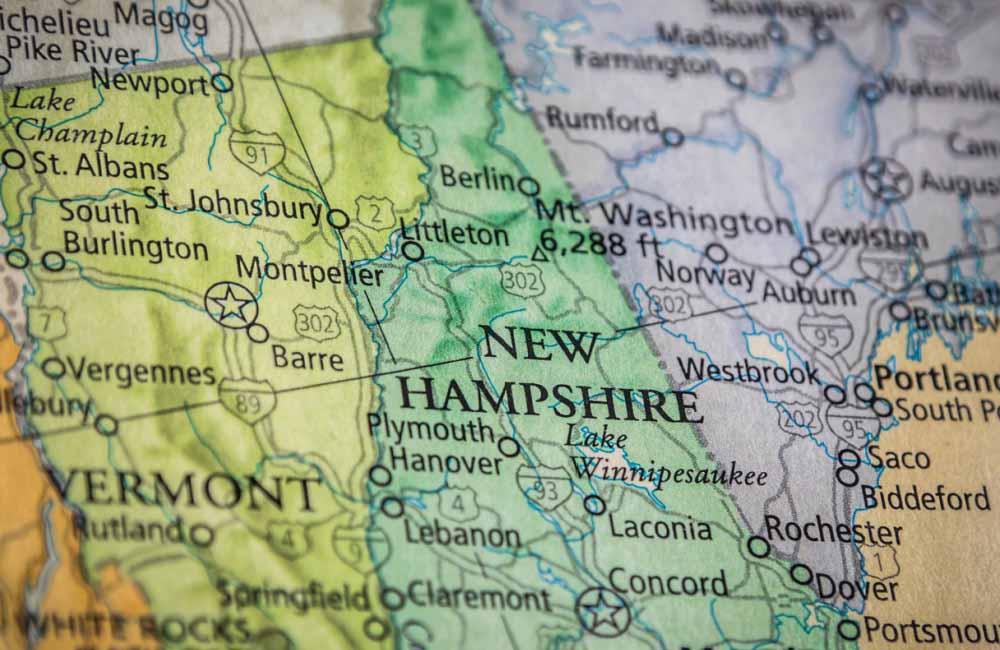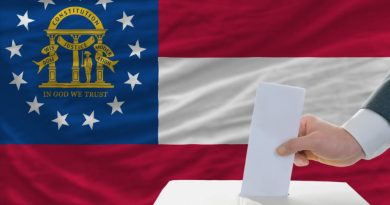New Hampshire Considers a State-Run Legal Cannabis System
Earlier this year, New Hampshire Gov. Chris Sununu approved legislation to establish a commission tasked with studying ways for the state to create and manage a legal recreational market. Unlike any other program in the United States, the New Hampshire proposal involves selling recreational cannabis exclusively through state-operated retailers.
The proposal signaled a reversal by Sununu, a Republican, who had long opposed legalization of recreational cannabis in New Hampshire. He changed his position after a bill seeking to legalize adult-use cannabis failed in the state Senate, but gained approval in the state House.
Sununu made it clear he would endorse a bill legalizing recreational marijuana only if it included provisions mandating state-run shops as the exclusive retail outlets. This differs from the process in other states, where the state issues licenses to private companies and individuals to establish dispensaries. However, it mirrors what New Hampshire does with alcohol, where 67 state-run Liquor and Wine Outlet stores serve as the sole retailers of hard alcohol.
New Hampshire Wants to Do Legal Cannabis Differently
Sununu said in a statement that he opposed legalization because he thought other states had rushed to legalize. “Across this country and in the midst of an unprecedented opioid crisis, other states rushed to legalize marijuana with little guardrails. As a result, many are seeing the culture and fabric of their state turn.”
Past studies have actually found fewer people use opioids in states where cannabis is legal, including cancer patients who use cannabis to lessen the impact of treatments.
However, Sununu also noted that New Hampshire is the only state in New England where recreational cannabis is not legal. He added that because surveys have found a majority of New Hampshire residents support legalization, “It is reasonable to assume change is inevitable. To ignore this reality would be shortsighted and harmful.”
In approving formation of the committee, Sununu said he wants a system that puts the state “in the driver’s seat, focusing on harm reduction - not profits. Similar to our liquor sales, this path helps to keep substances away from kids by ensuring the State of New Hampshire retains control of marketing, sales, and distribution – eliminating any need for additional taxes.”
How New Hampshire May Manage Recreational Cannabis
Sununu called on the committee to establish a system that avoids what he called “marijuana miles,” or areas with a dense concentration of cannabis retailers. He also wants any city or town to have the right to ban shops (this is common in most states). Further, he does not want the state to impose any taxes to run the system, and also give the state control over all messaging and marketing.
The most notable part of the plan is creating a state-run system where the government, not private citizens, operate the dispensaries. The commission, given the long title of “Commission to Study with the Purpose of Proposing Legislation, State-Controlled Sale of Cannabis and Cannabis Products,” has a deadline of Dec. 1, 2023, to create a plan.
In recent testimony before the commission, Joseph Mollica, chairman of the New Hampshire Liquor Commission, told the panel that they could create a system where the state could establish a franchise model for cannabis sales.
This approach would allow the state to oversee administration and marketing of recreational marijuana, but private owners would have responsibility for retail operations. Mollica compared this approach to how national chains such as McDonalds and Dunkin Donuts conduct business. Retailers would pay 15% of profits to the state under this plan.




